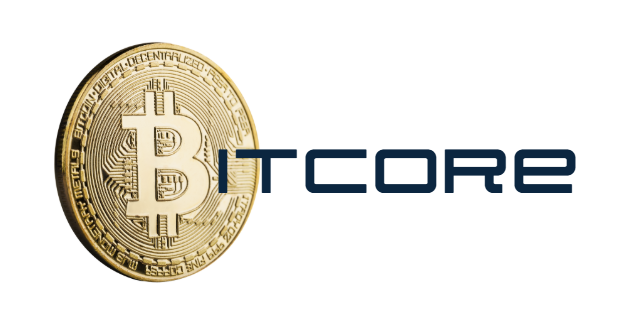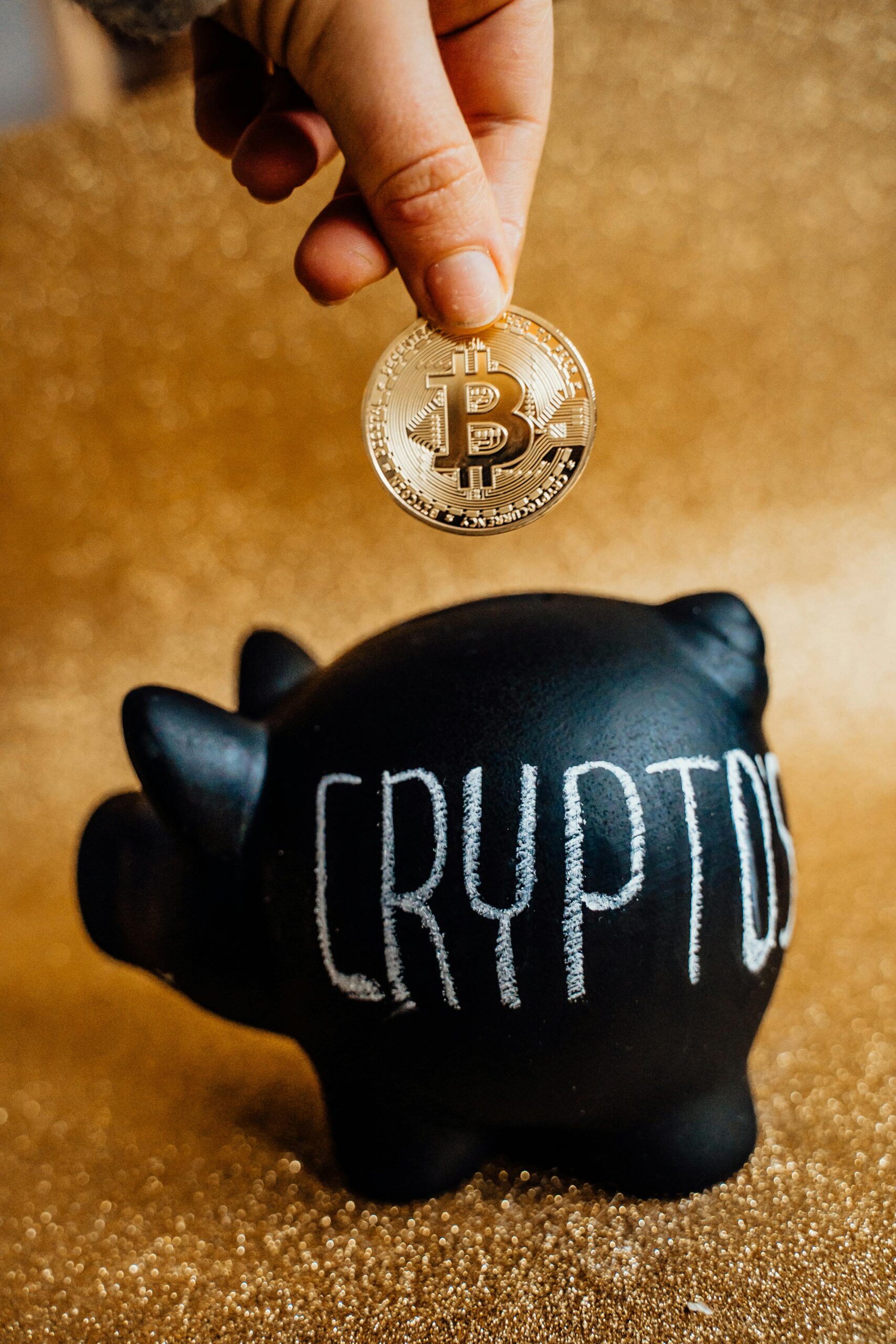When I first heard the term metaverse, I’ll admit—I thought it was something straight out of a sci-fi movie. But as I dug deeper, I realized the metaverse isn’t just a futuristic fantasy; it’s rapidly becoming a reality, with virtual worlds, digital assets, and cryptocurrencies converging to create new opportunities in how we interact, work, and even make money.
If you’ve ever wondered how cryptocurrency fits into this emerging digital landscape, you’re not alone. I was curious too. So I decided to explore how the metaverse is accelerating cryptocurrency adoption and what it means for the future of digital economies.
What is the Metaverse?
Before diving into how cryptocurrency plays a role, let’s define what the metaverse is. In simple terms, the metaverse is a shared, virtual space where people can interact with each other and digital environments in real-time. Think of it as the next evolution of the internet, where instead of browsing web pages, you’re immersed in virtual worlds through virtual reality (VR), augmented reality (AR), or standard devices like computers and smartphones.
Big tech companies like Meta (formerly Facebook), Microsoft, and Epic Games are investing billions in creating metaverse platforms where users can:
🎮 Play games and socialize
🏠 Buy and decorate virtual properties
🛍️ Shop for virtual goods and services
💼 Attend meetings and virtual events
But here’s the kicker—the metaverse needs a digital economy to function. And that’s where cryptocurrency and blockchain technology come in.
Why Cryptocurrency is Essential to the Metaverse
Traditional payment systems don’t fit well with the metaverse’s decentralized and global nature. Imagine trying to buy virtual goods in a digital world that operates across countless countries with different currencies and banking systems—it’s complicated and inefficient.
Cryptocurrencies solve this problem by providing:
✅ Global accessibility: Anyone with internet access can participate.
✅ Instant, borderless transactions: No need for currency exchanges or banks.
✅ Ownership of digital assets: Thanks to blockchain, you truly own your virtual items.
✅ Security and transparency: Blockchain technology ensures transactions are safe and verifiable.
This makes cryptocurrencies the perfect economic foundation for the metaverse.
How Cryptocurrencies Are Used in the Metaverse
Let’s talk about how people are actually using crypto in virtual worlds. I’ve personally explored platforms where cryptocurrency isn’t just a side feature—it’s the main currency driving the economy. Here’s how:
🏠 Virtual Real Estate Purchases
I was amazed to discover that you can buy, sell, and rent virtual land using cryptocurrencies. Platforms like Decentraland and The Sandbox use their native tokens (MANA and SAND, respectively) for these transactions.
People are paying thousands—even millions—of dollars for digital plots of land. Why? Virtual real estate is used to:
- Host virtual events
- Build digital storefronts
- Develop entertainment venues
I recently attended a virtual concert in Decentraland, and it blew my mind how seamless the payment and entry process was—all done with cryptocurrency.
🛍️ Buying Virtual Goods and Services
Just like in the real world, people in the metaverse want to customize their avatars, buy virtual clothing, and decorate virtual homes. Cryptocurrencies are used to purchase:
👚 Virtual fashion (yes, digital clothes are a thing!)
🎨 Artwork in the form of NFTs (Non-Fungible Tokens)
🎮 Weapons and upgrades in virtual games
I’ve bought a few digital accessories for my avatar myself—it’s strangely satisfying to personalize your virtual identity!
🖼️ NFTs and Digital Ownership
NFTs (Non-Fungible Tokens) have revolutionized how digital ownership works. In the metaverse, NFTs can represent:
- Virtual land deeds
- Art pieces displayed in digital galleries
- Rare in-game items
Because NFTs are stored on the blockchain, ownership is transparent and secure. I once purchased an NFT for a virtual art piece and was amazed to receive a digital certificate of authenticity. It’s like owning a piece of the digital world that can’t be copied or faked.
🎉 Play-to-Earn (P2E) Opportunities
One of the most exciting trends I’ve noticed is the rise of play-to-earn games, where users can earn cryptocurrency by playing. Platforms like Axie Infinity allow players to:
🐉 Breed and battle virtual creatures
💰 Earn tokens that can be exchanged for real money
🌍 Participate in a global gaming economy
I tried it out myself and, while I didn’t strike it rich, I found it fascinating that people in some countries are making a living through virtual work in the metaverse.
Why the Metaverse is Boosting Cryptocurrency Adoption
The metaverse provides a practical use case for cryptocurrencies, which is driving more people to explore digital currencies. Here’s why this intersection is so powerful:
🚀 Mass Adoption Through Entertainment: Gaming and virtual socializing are drawing in users who wouldn’t normally be interested in crypto.
🌍 Financial Inclusion: People without access to traditional banking can participate in global economies through crypto.
🔒 Increased Trust in Blockchain Technology: As users see how blockchain secures virtual transactions, their confidence in crypto grows.
📈 Investment Opportunities: Virtual real estate and NFTs are becoming popular investment assets.
I’ve personally noticed how friends who used to shrug off cryptocurrency are now asking questions like, “How do I buy land in the metaverse?” or “Can I use crypto to attend that virtual event?”
Challenges and Considerations
Of course, this new digital frontier isn’t without its challenges:
⚠️ Market Volatility: Cryptocurrencies are known for price swings, which can affect virtual economies.
⚠️ Regulatory Uncertainty: Governments are still figuring out how to regulate virtual assets and crypto use.
⚠️ Digital Divide: Not everyone has access to the technology needed to join the metaverse.
Still, I believe the potential benefits outweigh the hurdles. With responsible innovation, the metaverse and cryptocurrency can revolutionize how we connect, work, and transact.
Final Thoughts: The Future is Virtual—and It’s Powered by Crypto
Exploring the metaverse has shown me how digital worlds and cryptocurrencies are becoming intertwined in ways I never imagined. What started as gaming platforms are now full-fledged economies, where you can work, socialize, and invest—all using cryptocurrency.
Whether you’re a curious beginner or someone looking to dive into the next big tech wave, now’s the time to explore how the metaverse is shaping cryptocurrency adoption. It’s not just about digital tokens—it’s about being part of a global, borderless economy that’s accessible to anyone with an internet connection.







